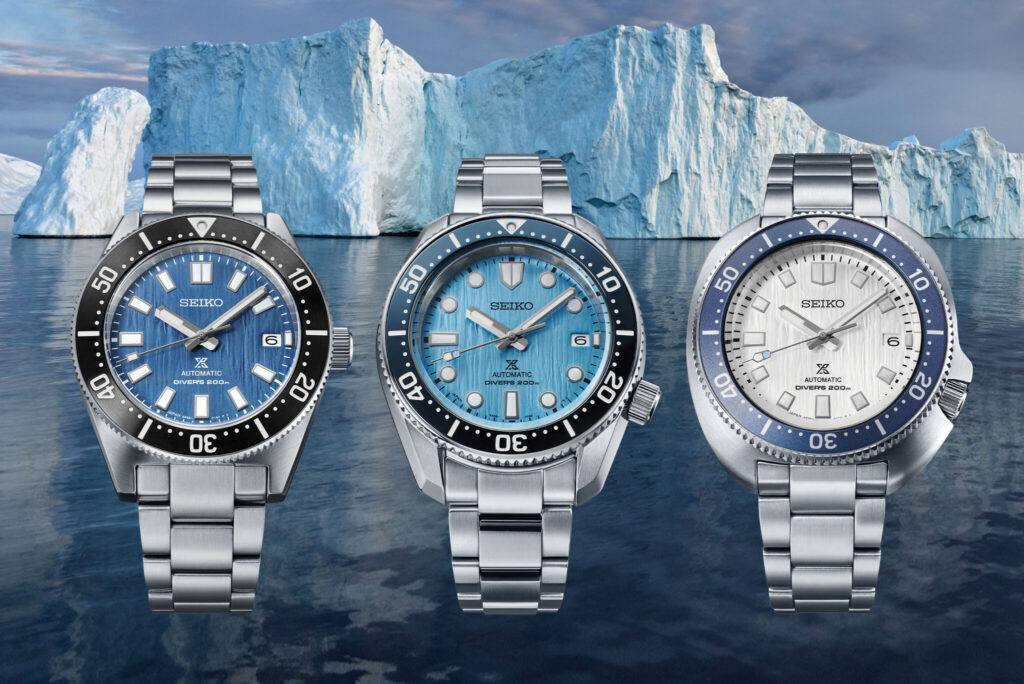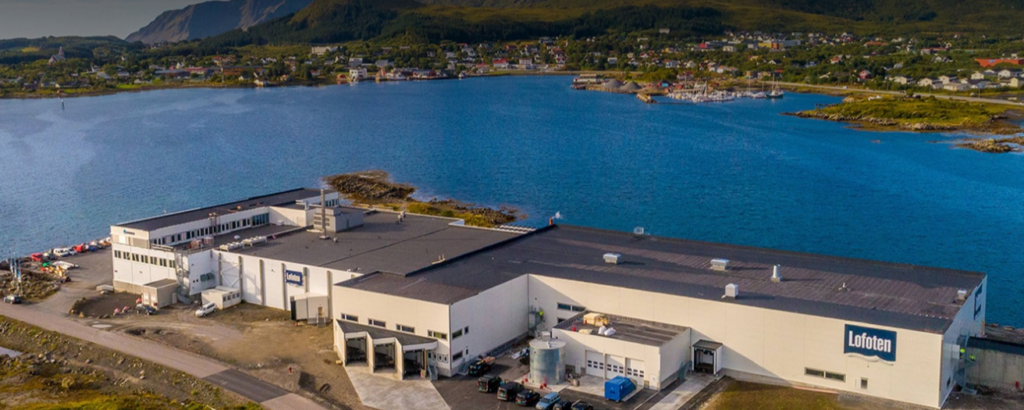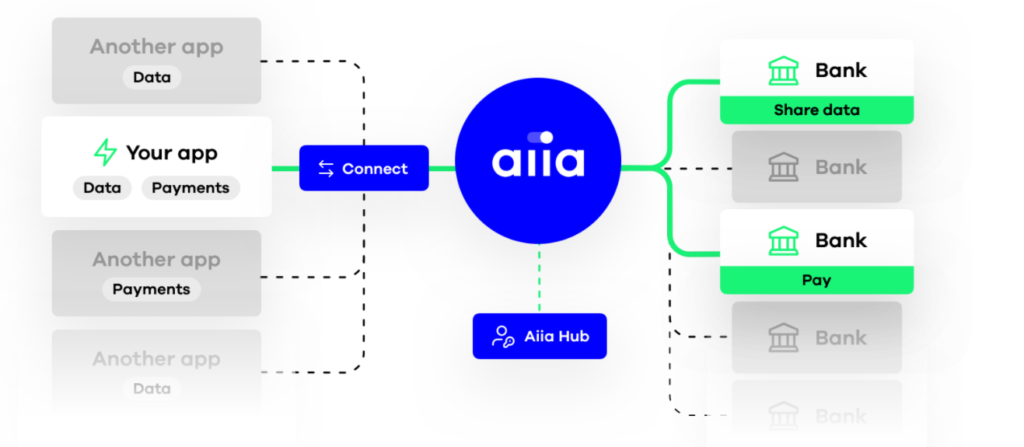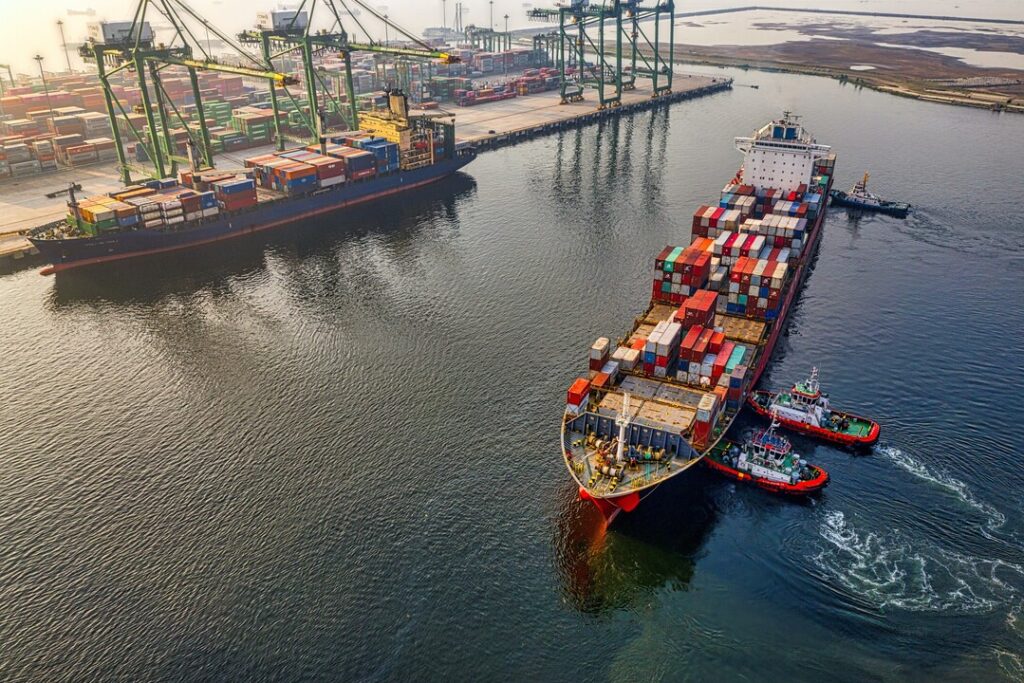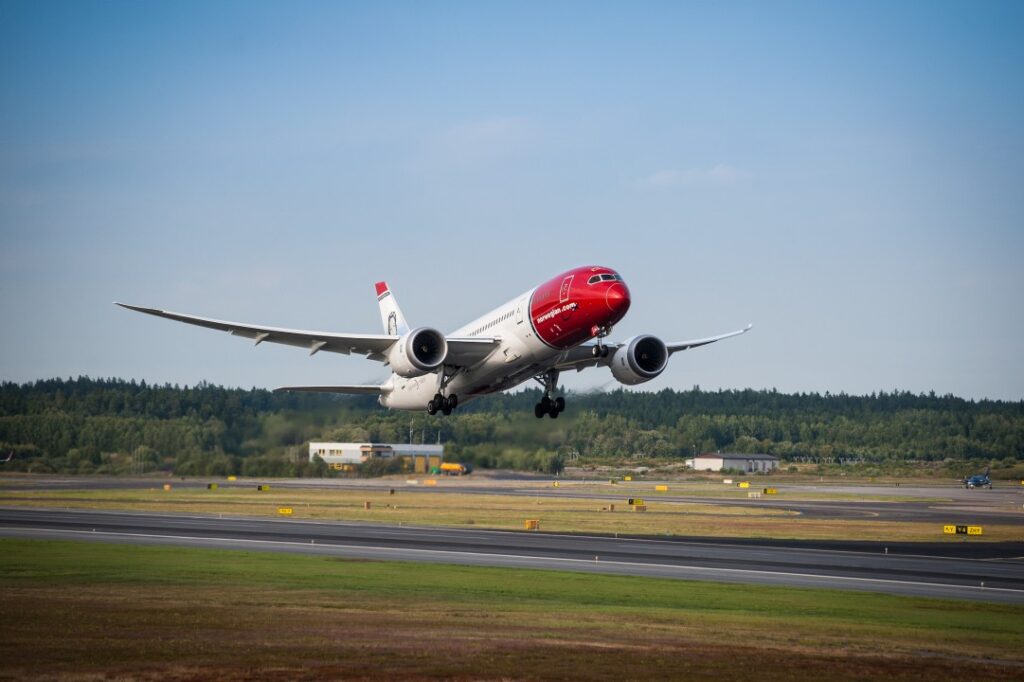Executive

Scandinavian Managers Are Not All The Same
By Carsten Steno

Is there such a thing as Scandinavian management? Ask management experts, or even investors, and they seem to be in no doubt: Yes, there is an unmistakeably Scandinavian approach to management which is characterised by three core elements: a high degree of employee engagement in decision-making, a flat hierarchy with little distance between management and employees, and extensive delegation of responsibilities to employees.
This is a style of management that requires a great deal of mutual trust and management by objectives where the way to achieve these targets is not necessarily dictated by the top management. Culturally, this style of management is conditioned on the Scandinavian welfare model which places a strong emphasis on equality. And it is a model of management that works. Nordic companies perform on the bottom line.
In recent years, private equity funds and other international corporations have been investing heavily in Scandinavian companies – and they do it because it pays to do so. To people looking at the region from outside, it may not be easy to spot the differences between Scandinavian countries as far as the style of management is concerned.
Honesty, self-reliance, responsibility, equality, efficiency, respect for others, tolerance and an emphasis on harmony are words typically used by foreigners to describe Scandinavians. They are efficient, well educated, well-behaved and rational. They have merged the best of capitalism and socialism in creating societies with equal opportunities for all, where few have too much, and fewer have too little.

But while Scandinavian managers do undeniably share more similarities than what might separate them from each other, it is still important not to underestimate just how differently Danish, Swedish and Norwegian business people actually do things. And these differences are deeply rooted in Scandinavia’s individual national cultures.
Different approaches
Traditionally, Danes are often thought of as the merchants of Scandinavia. It is a country with an advanced agricultural sector but few natural resources, so Danes have had to trade their way to wealth since time immemorial. Danish business people are known as tough negotiators who may not always be completely honest. They focus on short-term financial results. They can also be somewhat undisciplined and anarchistic, preferring to avoid long-term strategies. If something does not work, try something else. Everything will work out fine in the end.
The Swedes, meanwhile, are the industrialists of the North. Sweden has its natural resources and great forests, and it takes patience and organisational skill to make something of these gifts from mother nature. So, Swedes have used their natural resources to create a magnificent manufacturing industry, with companies such as Volvo, Saab-Scania, Elektrolux, ABB, SKF, and many others. This tends to make the Swedes very structured, well-organised, punctual and disciplined. Internally, Swedish companies will always seek to reach a consensus in making major decisions. This takes time but shows through when it comes to implementing decisions, as these will then be backed by the entire organisation.
Norwegians take risks
Within the Nordic trinity, Norwegian business people have entirely their own way of doing things. Norway is a young nation, gaining independence only in 1905. For this reason, Norwegians like to make their mark. Their culture is also shaped by Norway as a country of tall mountains and a long shoreline. Historically, they have always lived off the sea, whether navigating as sailors or harvesting its riches as fishermen, doing whatever it takes to land their catches.
Then came the 1970s, bringing rich discoveries of oil and gas beneath the sea and turning Norway into one of the very richest nations on the planet. These experiences have shaped Norwegians as business people. They are traditionally described as strong-headed individuals with a knack for making money. They are fast decision-makers and very opportunistic. A good example would be the flamboyant Norwegian entrepreneur Petter Stordalen who could be described as the quintessence of a self-made billionaire, making a success of himself with an intuitive sense of striking deals that have more than paid off. Not all Norwegian business people are the same. But many are willing to take great risks, as exemplified by Bjørn Kos, the founder of Norwegian Airlines.

The best of all worlds – a Scandinavian team
Admittedly, such traditional characteristics of Danish, Swedish and Norwegian business people are hugely generalised and do tend to verge towards caricature. Yet such cultural differences have at times been a contributing factor when inter-Scandinavian mergers fail. In the 2000s this was true with the three great Nordic food retail cooperatives which merged under the name of Coop. They split after just four years.
Similarly, the merger of world-famous Danish brewer Carlsberg and the brewing operations of Norwegian food giant Orkla was dismantled after lasting barely three years from 2001 to 2004. While conflicts did arise partly from strategic disagreements, cultural differences are also said to have played a major role. But Scandinavia’s corporate history also has great examples of successful inter-Scandinavian mergers.
One obvious example would be the airline SAS which continues to operate as a significant player on the European market in the face of major challenges. Another example is Arla, a global food giant which was created through a Danish-Swedish merger. Yet another is the inter-Nordic banking giant Nordea which arose through a merger of Danish, Swedish and Finnish banks.
Kirsten Weiss, a writer, journalist and publisher of management literature, shares the view of many in pointing to Scandinavian managers as having more things in common than what might separate them. “You have to be aware of the differences and work with them, but rather than focusing on these, it is preferable to create your management teams using the best skills to be found among Scandinavian managers. And that would be a management team with a Swedish CEO, a Danish COO and a Norwegian CFO,” she says.
